Nation & World
-

How academia can help America heal
First step, says columnist David Brooks, is to understand its role in the problem
-

Can Russia be denied?
Ex-POW joins discussion of four-year conflict ahead of another round of negotiations
-
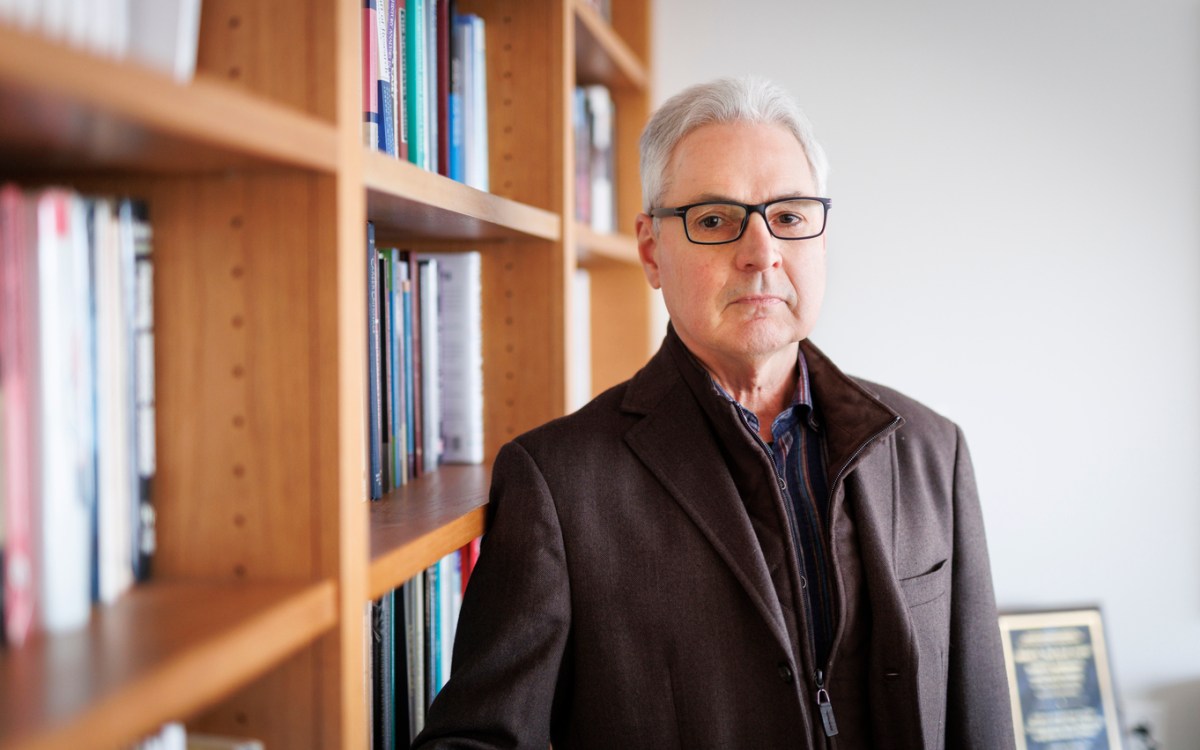
New factor in predicting who becomes criminal: when you were born.
Sociologist Robert J. Sampson investigates plunging arrest rates for youngest millennials
-
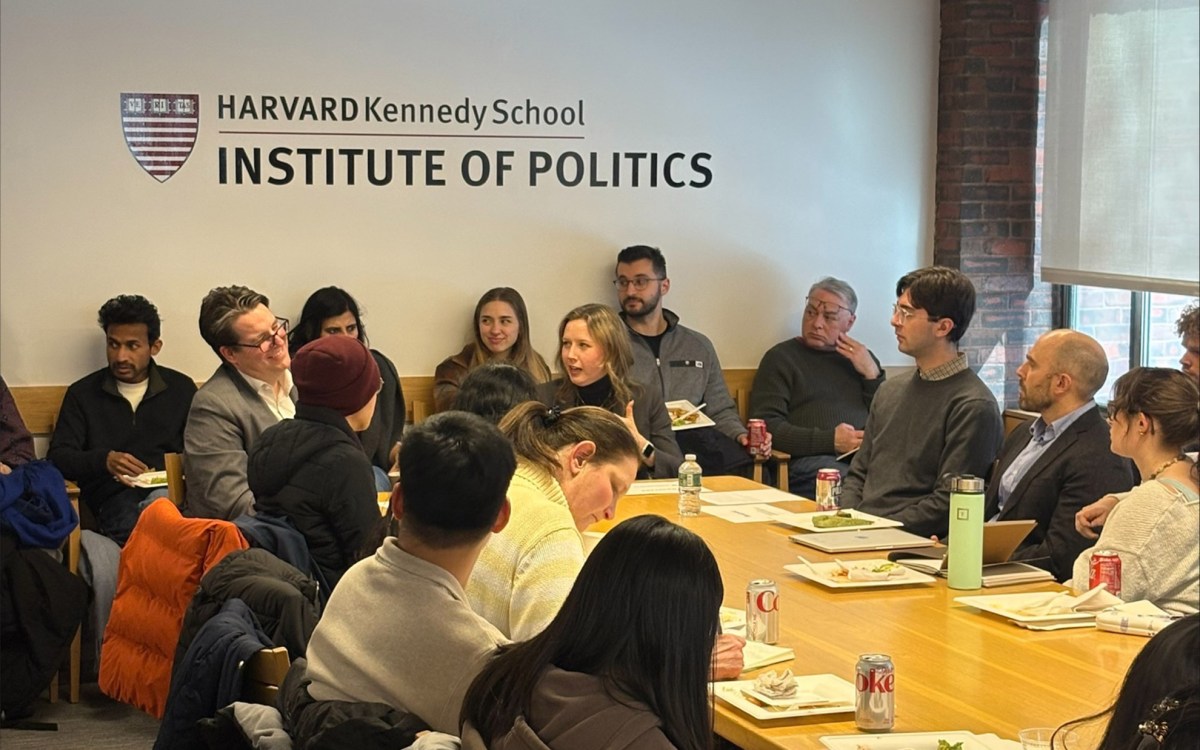
What would the Founding Fathers think of TikTok?
Experts weigh national security concerns against free speech in discussion of video app’s future
-

Worried about how AI may affect foreign policy? You should be.
Experts discuss vulnerabilities, need for oversight of tech development, regulation
-
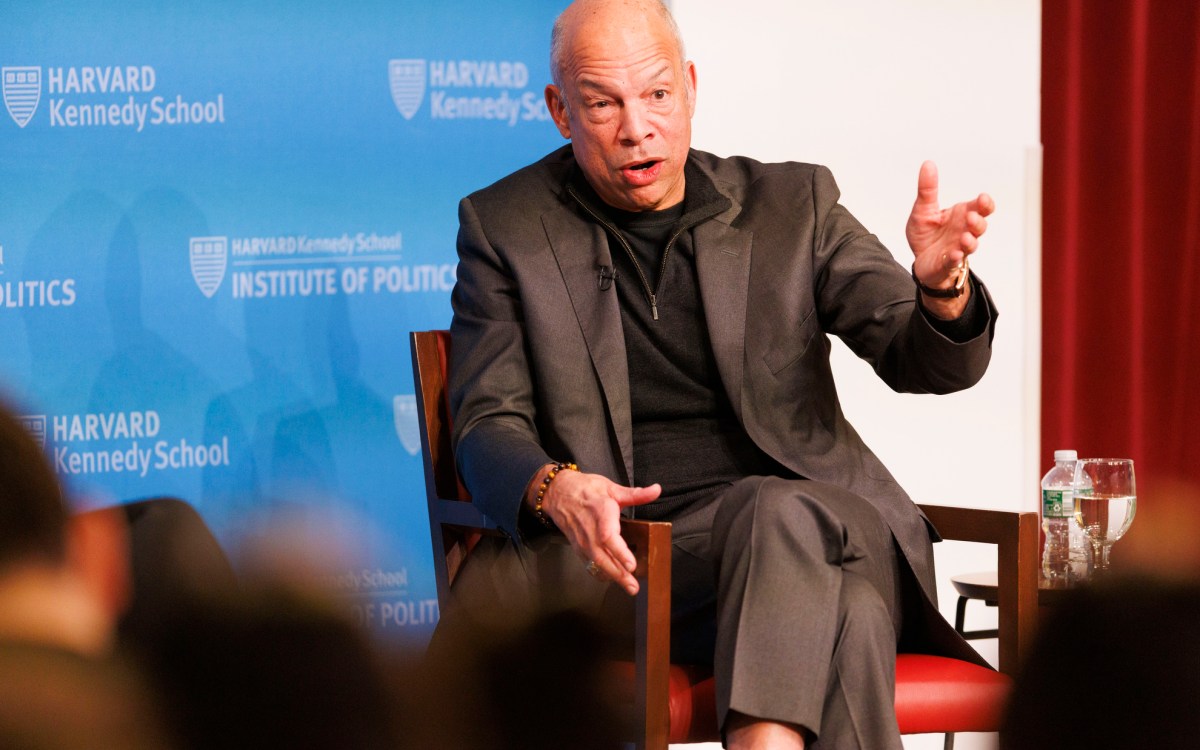
Border security isn’t really the problem
Former Homeland Security Secretary Jeh Johnson says current backlash is owing to cloudy mission, aggressive tactics
-
India sees gains from gender quota
A new research paper co-authored by Harvard Kennedy School Professor Rohini Pande finds that the system designating female leaders for selected village councils in India has resulted in substantive gains for girls in those villages — both in terms of aspirations and educational outcomes.

-
An echo of Harvard in New Mexico
The purpose of the trip was to generate interest for Harvard among Native American students, as well as to host a Harvard booth at the National Indian Education Association conference in Albuquerque. For many of the high school students we visited, the Harvard name was simply an abstraction.
-
Lights, Camera, Reaction
Harvard Kennedy School (HKS) students learn to master the art of a live television interview in the On-Camera Interview Basics workshop, one of many hosted by the HKS Communications Program.
-
Harvard poll predicts Obama loss
A new national poll of America’s 18- to 29-year-olds by the Institute of Politics (IOP) at the Harvard Kennedy School finds more millennials predict President Barack Obama will lose his bid for re-election (36 percent) than win (30 percent).
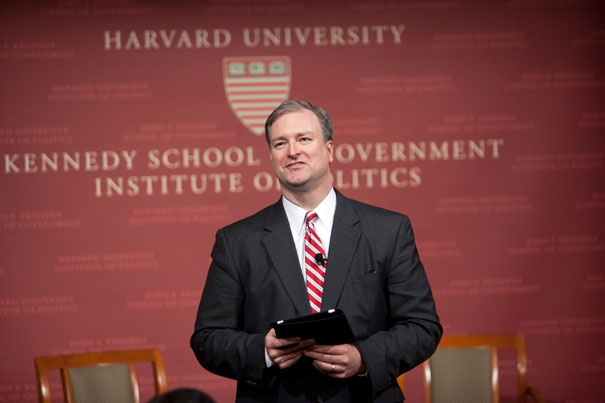
-
Rethinking work, beyond the paycheck
Eighty years ago, the idea that workers were purely rational beings motivated solely by money dominated American business. But a famous study known as the Hawthorne Experiments, led by two men at Harvard Business School, helped to found the human relations movement.

-
Dateline: Classroom
Pulitzer Prize-winning journalist, a Nieman Fellow, explains the dangers of his craft, and why he can’t return to Pakistan.
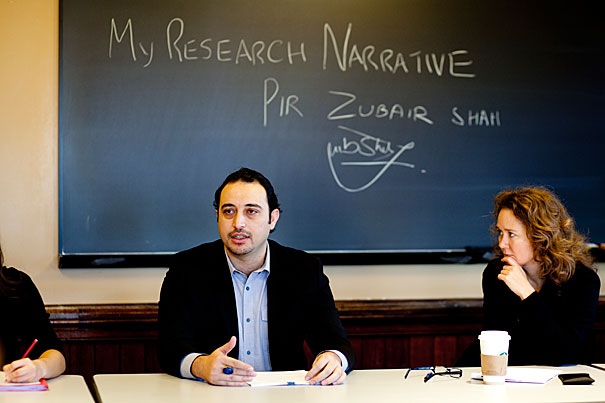
-
When to help a patient die
Legal analysts at a Harvard Medical School forum differ over whether a law allowing death with dignity or assisted suicide for terminally ill patients is right for Massachusetts. But they agreed that similar laws in Oregon and Washington have not proven to be a “slippery slope” that endangered vulnerable patients.
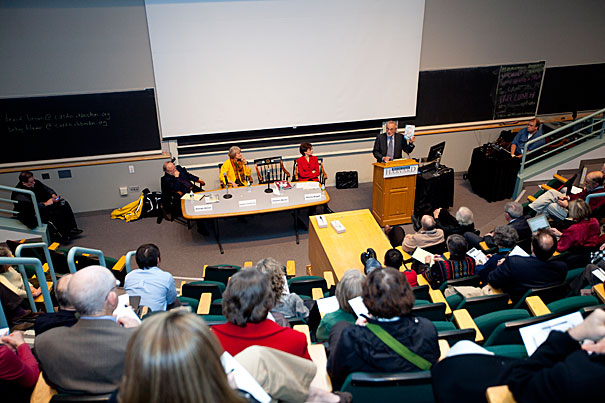
-
The import of civic education
Civic education, an important element for democracy to flourish, has fallen to public schools, universities, and colleges to provide in recent years. A Harvard panel discussed what’s required for the citizenry to be educated to make informed decisions.

-
Divinity School student in documentary
Sonya Soni, a Harvard Divinity School student, is featured in the documentary “Keep a Child Alive with Alicia Keys,” which airs throughout December on Showtime.
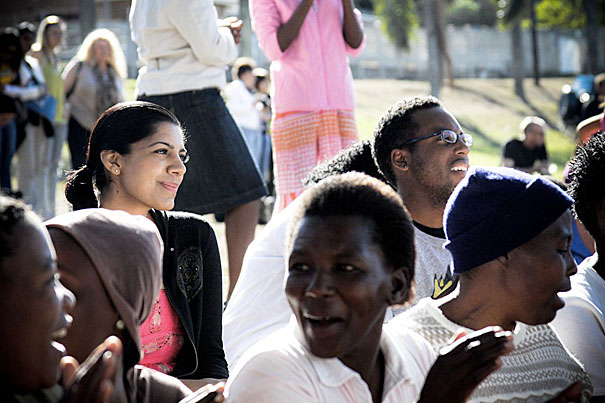
-
Germany, again a linchpin
For the third time in a century, Germany stands ready to change the fortunes of Europe — this time, analysts believe, for the better, said a founder of Harvard’s Minda de Gunzburg Center for European Studies.

-
Good works, and fine experience
Harvard students made good use last summer of the Presidential Public Service Fellowship Program, a new initiative that supports good works through financial grants.
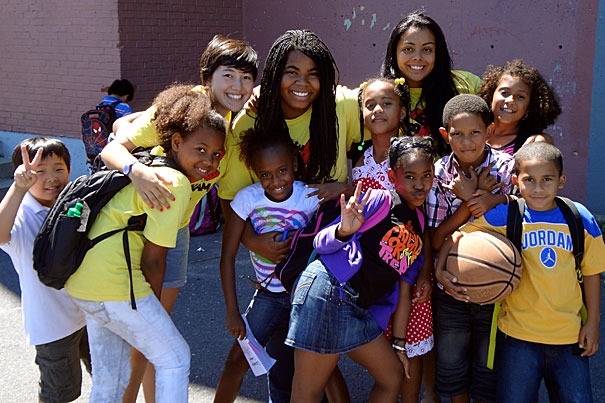
-
Dealing with inequality
A panel discusses “The Growing Challenge of Inequality,” an issue easily described and summarized, but difficult to solve, the speakers said, given the political and economic climate that currently dominates the United States.
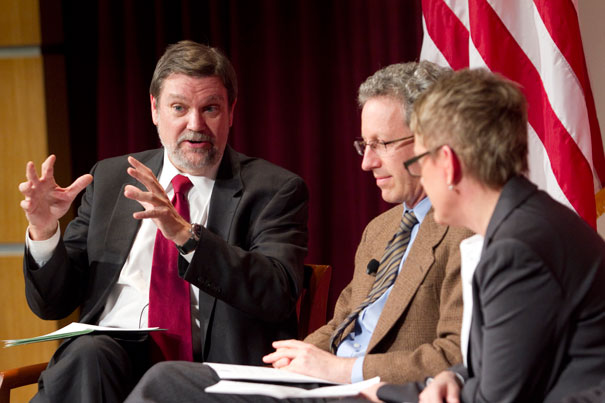
-
How to teach students about truth
Professor Howard Gardner explored how to teach students the primal concepts of truth, beauty, and goodness during a lecture based on his newest book.
-
A spotlight on China
Fund supports Harvard programs in everything from student activities to faculty research in rising Asian giant.
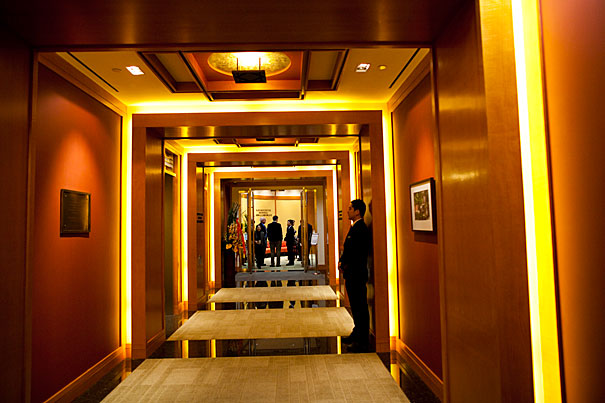
-
The ripple of fiscal problems
Eurozone’s ongoing problems create a ripple effect in developing nations, says World Bank president.

-
Jobs wanted
Parts of the U.S. economy have been recovering for more than a year, but American jobs haven’t yet returned along with renewed profits. Harvard experts offer insights into what large-scale unemployment means for the nation, and what policymakers and others can do to fix a balky system.

-
Gingrich opposes campaign limits
Republican presidential candidate Newt Gingrich, speaking at Harvard Kennedy School’s Institute of Politics, says the political system would run more smoothly if campaign donors could contribute what they wish.
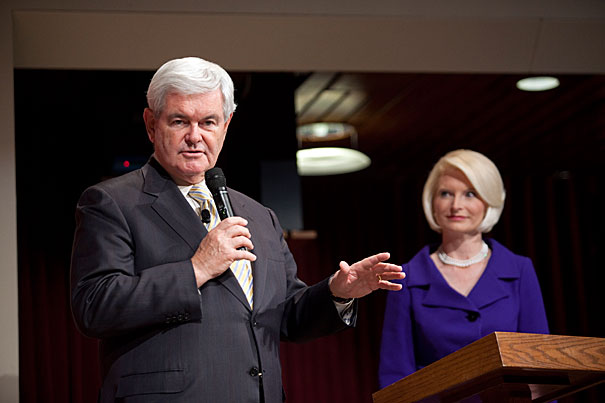
-
Anita Hill looks back, and ahead
Legal scholar Anita Hill discussed her experience during the 1991 confirmation hearings of Supreme Court Justice Clarence Thomas and the civil rights work that it inspired.
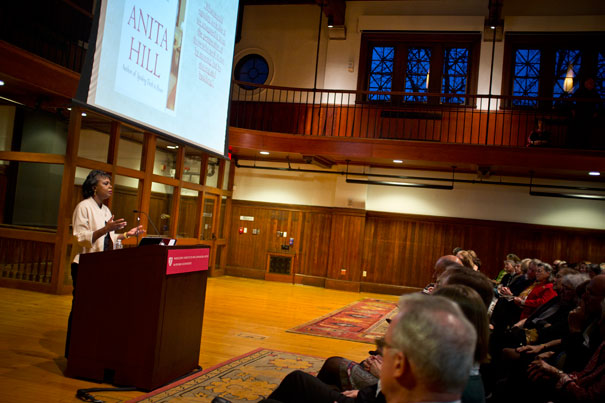
-
Introducing the i-lab
The Harvard Innovation Lab officially opened to the public Nov. 18. The ribbon cutters included President Drew Faust and Boston Mayor Thomas M. Menino.
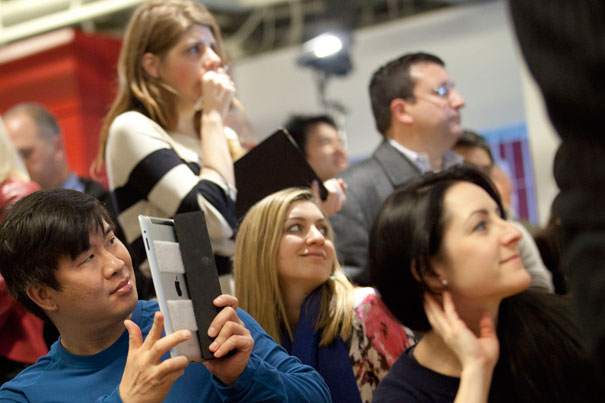
-
Moot points, well made
The Harvard Law School teams in the showdown round of the Ames Moot Court Competition tried to persuade a panel headed by U.S. Supreme Court Justice Sonia Sotomayor to change the law of the land.

-
Conservatism is in ‘crisis’
Andrew Sullivan, political commentator and blogger with The Daily Beast, gave the 2011 Theodore H. White Lecture on Press and Politics at the John F. Kennedy Jr. Forum on Thursday.

-
Rewarding nation’s problem-solvers
Finalists for the Innovations in American Government Award presented their initiatives today at the Harvard Kennedy School (HKS) before the National Selection Committee, chaired by Anthony Williams, the former mayor of Washington, D.C.

-
Obama’s narrative
Mixing historical perspective, personal reminiscence, and psychological analysis, Harvard Law School Professor Charles J. Ogletree Jr. kicked off a three-part lecture series titled “Understanding Obama” Tuesday at the Barker Center as part of the Nathan I. Huggins Lecture Series.
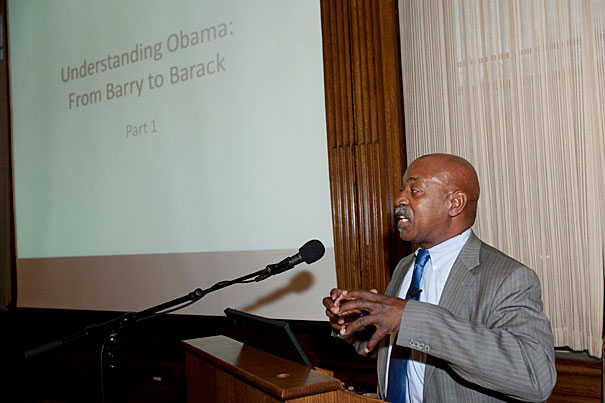
-
The return of ROTC
Among the top Harvard stories of 2011 was the return of the Reserve Officers’ Training Corps (ROTC) to campus after an absence of 40 years. In March, the University signed an agreement with the Navy. By September, offices had opened in Hilles Hall for the Naval ROTC’s Old Ironsides Battalion.
-
Harvard goes to war
Harvard University’s expansive role in World War II, from research to recruits, helped the Allies to triumph.
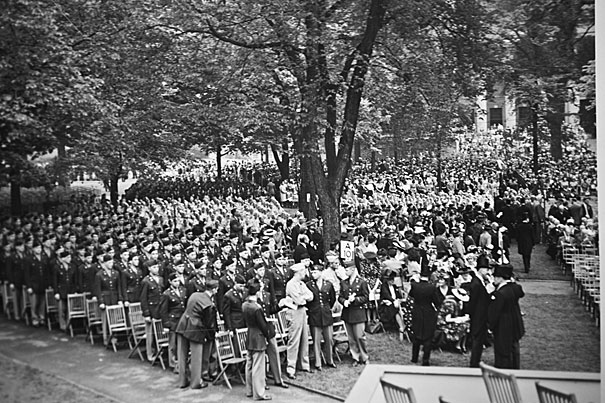
-
To honor the living and the dead
A ceremony on 11/11/11 at the Memorial Church will dedicate a tablet honoring Harvard’s 17 Medal of Honor recipients and also will celebrate the return of an ROTC presence to campus.
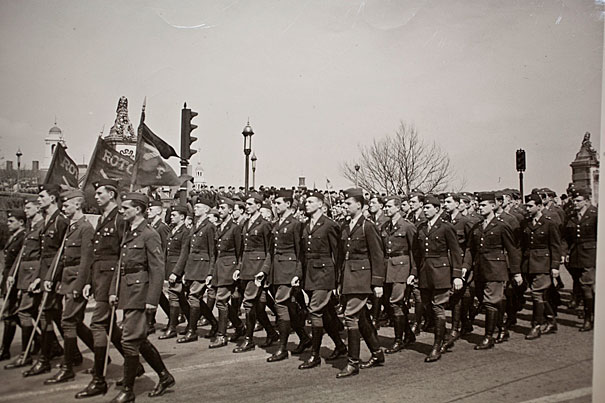
-
Harvard’s startup upstart
Gordon Jones, director of the new Harvard Innovation Lab, has ideas on how to foster an entrepreneurial mentality at the country’s oldest university.
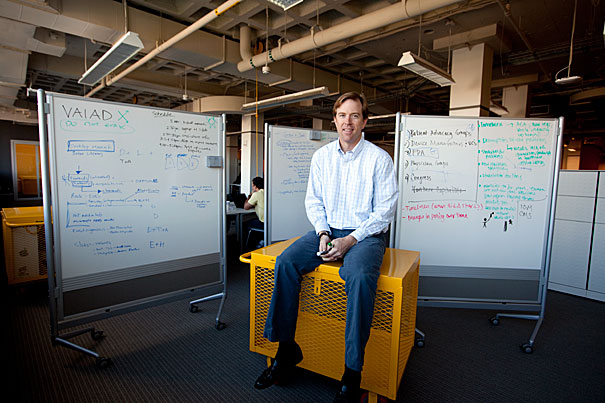
-
Travel as its own education
A Harvard undergrad explains how visiting other lands has helped to shape her College experience.

-
‘One country, two systems’
Hong Kong chief executive Donald Tsang touts onetime Chinese leader Deng Xiaoping’s “one country, two systems” philosophy for his area’s economic fortitude.

-
Status quo blues
Americans suffering through a fourth year of economic hardship and worried about the future are closer than ever to casting aside both major political parties in favor of a post-partisan ticket in the 2012 presidential race, a panel of political experts told an audience at Harvard Kennedy School.


